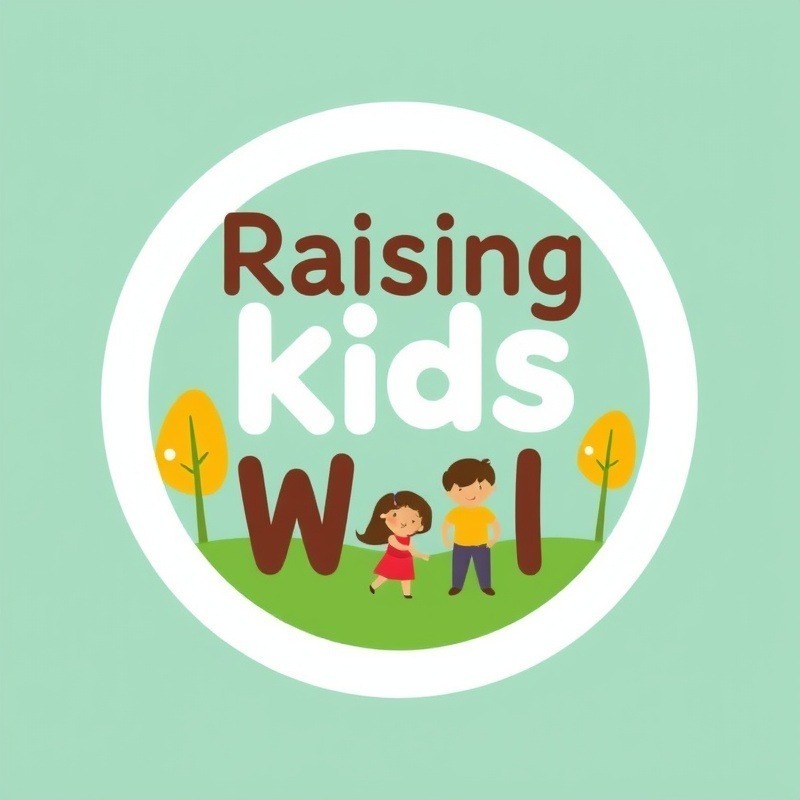
Understanding the Power of Boundaries in Child Development
The challenges parents face when establishing boundaries for their children are both universal and significant. From the moment they assert their independence, children can be expected to push back against limits, exhibiting a range of emotions from mild annoyance to full-blown tantrums. This resistance is not merely a test of patience; it is a crucial aspect of their developmental journey. Children are wired to explore, question, and assert their autonomy, and in doing so, they gain clarity on the world around them.
The Role of Parents: Firm Yet Gentle Leadership
Every parent’s instinct may urge them to relent when faced with a child’s protests, yet standing firm is essential for fostering emotional security. Boundaries function as invisible scaffolding, allowing children the freedom to explore their environment while knowing they are protected. The role of a parent is akin to that of a steady wall that holds, providing the reassurance necessary for a child to feel safe. This duality—being both firm and loving—forms the very foundation of a child's psychological security, aiding in developing confidence and self-regulation.
Why Boundaries Are Essential for Emotional Well-Being
Much like physical safety rails on a drive, boundaries set the stage for emotional well-being. When boundaries are clear, children can engage with the world without anxiety over their safety or independence. Inconsistent or vague guidelines can leave them overwhelmed and unsure, which compromises their ability to learn and connect with others. Research demonstrates that children raised with well-defined parameters show improved emotional resilience, enabling them to navigate life's challenges confidently.
Boundaries as Tools for Building Trust and Respect
Establishing boundaries also inherently teaches children about respect—both self-respect and respect for others. By learning to express their feelings within the limits set by caregivers, children develop crucial emotional intelligence. This framework helps them to articulate their needs and desires while also learning to recognize and respect the boundaries of others. In doing so, they begin to forge healthy relationships based on mutual respect.
Counteracting Negative Resistance: A Normal Developmental Phase
It’s common for parents to question their methods when faced with resistance from their children. However, it’s essential to reframe this behavior as normal rather than defiant. Children often test boundaries to determine their validity. When a child defiantly counters a request, they are, in fact, exploring their world’s limits. This testing doesn't diminish the importance of the boundaries themselves; rather, it reinforces the necessity of a strong and loving presence to guide them through their emotional landscape.
Building an Emotional Foundation Through Boundaries
The link between boundary-setting and emotional growth is profound. Each boundary encountered allows children to learn valuable lessons about consequences—both good and bad. When children understand that certain actions have intended outcomes, they begin to grasp the concept of responsibility. Over time, these lessons culminate in a more substantial moral compass and improved decision-making skills, establishing a framework they rely on in adult life.
Empowering Your Child: Creating a Safe Space for Growth
The challenge lies not only in maintaining these boundaries but also in framing them positively. By shifting the focus from restriction to empowerment, parents can help their children feel free within a structure. Instead of imposing prohibitions, emphasize choices that align with the family’s values. The boundary can thus become a roadmap to navigating their own emotional development.
Long-Term Benefits of Healthy Boundaries
Parents who persist in enforcing boundaries not only boost immediate emotional well-being in their children; they also lay critical groundwork for their future. Studies show that children with consistently enforced limits are more adept at delaying gratification and are generally more successful in both personal and social outcomes as they grow. They learn that limits are not arbitrary but essential guidelines that help them flourish in a complex world.
In Conclusion: The Love Within BoundariesTo set boundaries is to express love—an investment in your child's future. Each moment of resistance is an opportunity for connection and growth. As you navigate parenting, remember: your firm yet gentle guidance helps cultivate not only a sense of security but the skills they need to thrive. Let your child know that boundaries, while initially uncomfortable, are milestones on their journey to becoming resilient and confident adults. The resistance may seem daunting, but it signifies your essential role in nurturing their development.
 Add Row
Add Row  Add
Add 



Write A Comment